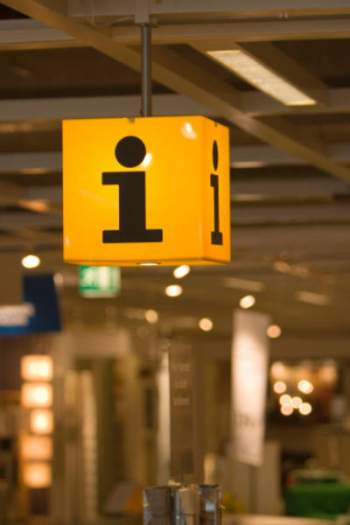
Preliminary Examination to the Patent Cooperation Treaty

The Patent Cooperation treaty provides an applicant with an international patent registration and the benefit of having an extensive and thorough procedure in order to qualify for an international patent and the protection of rights overseas. At the time an applicant files for an international patent registration, the individual may have the option of conducting what is called a Preliminary Examination, or often referred to as optional examination. The main purpose behind the preliminary patent examination is simply to give the applicant a more conclusive idea as to what the results for the the PCT Patent Search and Examination are going to render.
The applicant must make a "demand" or request for the preliminary patent examination to be made, and such a request is to be made separately from the international application. The applicant for the international preliminary examination must meet and coincide with the general requirements for the application of an international patent registration. In other words, the applicant must be a resident or considered a national in the contracting state under the PCT provisions and legislation. In certain instances, the Assembly may allow for residents or nationals of a country not signatory to the PCT to apply for an preliminary patent examination as well.
As mentioned, the "demand" for a preliminary examination must be filed separately from the international application, and should contain similar information and be done in the prescribed language. It should also include which contracting states, or nations, in which the preliminary examination results should be used and considered in. The demand for preliminary examination is also subject to other considerations, such as an imposed time limit to file the demand, paying the necessary fees, and having the application for international patent registration must already be filed.
All demands for preliminary patent examination must be submitted to the International Preliminary Examining Authority. Any further elections for adding contracting states or countries must be submitted to the International Bureau.
The International Preliminary Examining Authority is in charge of conducting the international patent examination. The International Preliminary Examining Authority is designated in accordance and approval with both the International Bureau and the Assembly. The IPEA will be evaluated and if deemed qualified to conduct such examinations, will be given approval. The IPEA is also in charge of receiving all demands for the preliminary patent examination, and all applications are to be submitted directly to that office.
In many cases, the national patent office or Receiving Office will often be approved and qualified as an IPEA. However, in certain situations, because of matters pertaining to language barriers, or simply a Receiving Office not authorized as an IPEA, the application for preliminary patent examination may still be filed at that location, but the application itself may be forwarded to the appropriately qualified IPEA within a particular jurisdiction.
In this case, the applicant may be invited to choose with IPEA is to conduct the actual examination, especially if there are more than one IPEA locations in that jurisdiction. However, if the International Bureau is not properly notified as to the applicant's choice of IPEA, or the notice is not made within the time limit, the International Bureau shall consider the demand for preliminary patent examination as void.
The International Preliminary Examination has certain similarities with the International Patent Search. After all, the overall purpose for the optional examination is to simply determine how an international patent application in certain contracting states is to be considered under the PCT. This will save time and money for the applicant, if the optional examination proves for negative results in certain of the contracting states. The main objective, as stated by the PCT legislature, is to provide for an opinion on the particular invention or device being submitted for international patent recognition based on the criteria of involving inventive step, if it is novel enough or not, and if it has an industrial or commercial application.
An invention is considered to involve inventive step if no prior art is to be found and is not overtly obvious to a skilled or trained person in the art or general subject area relating to that device. The invention is considered novel simply if no prior art exists relating to that invention. An invention is considered to have industrial application if it can be made or used in any kind of industry, as defined under the Paris Convention. The international preliminary examination may also consider any documents or information contained in the international search report for to further assist in completing and furnishing an international preliminary examination report.
The applicant is to receive at least one written opinion, as long as the demand or request meets all of the criteria set forth under the PCT for preliminary examinations. If it does not, the applicant is allowed to make changes or amendments in terms of limiting the scope of the claims, as long as they do not affect the original international patent application. Also, a fee may be required to administer and effect those changes. If those changes are not made to satisfy the PCT requirements, the demand for preliminary examination will be considered abandoned.
If everything goes as planned and requirements are met, an international preliminary examination report shall be made within the allowed time limit. The report will essentially contain the decision as to whether or not the invention in question is to be held as patentable or not under PCT standards, as well as under the elected contracting nations' standards as well.
The decision of patentability will be in concordance with the prescribed criteria under the patent preliminary examination standards, any other documents used to support the decision, as well as any pertaining legislation or regulations that may apply. The report is then relayed to both the applicant and the International Bureau. It is to be translated into the appropriate and prescribed languages, and then also sent to the pertaining national offices.
NEXT: Revisions and Amendments to the Patent Cooperation Treaty



















